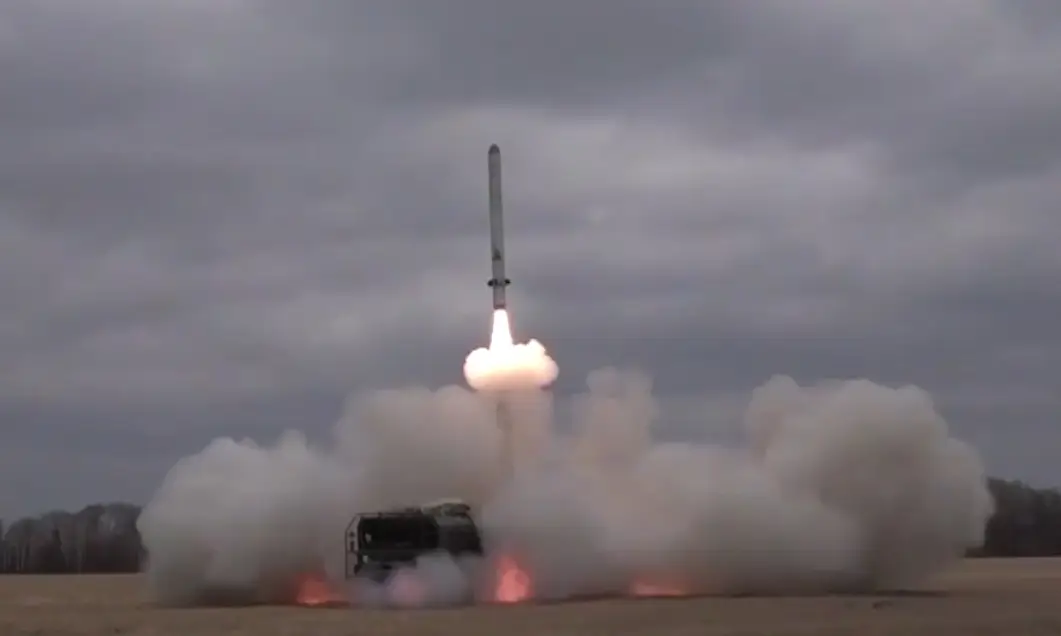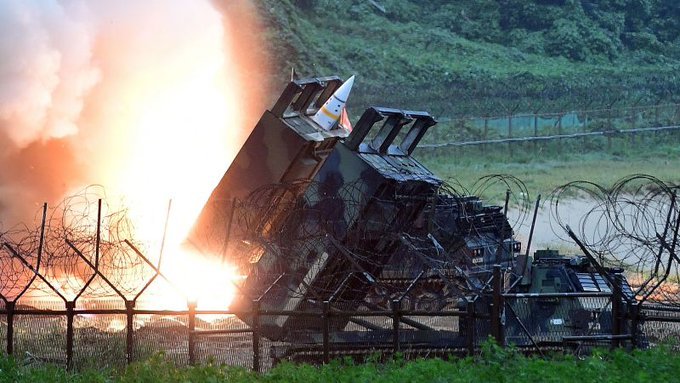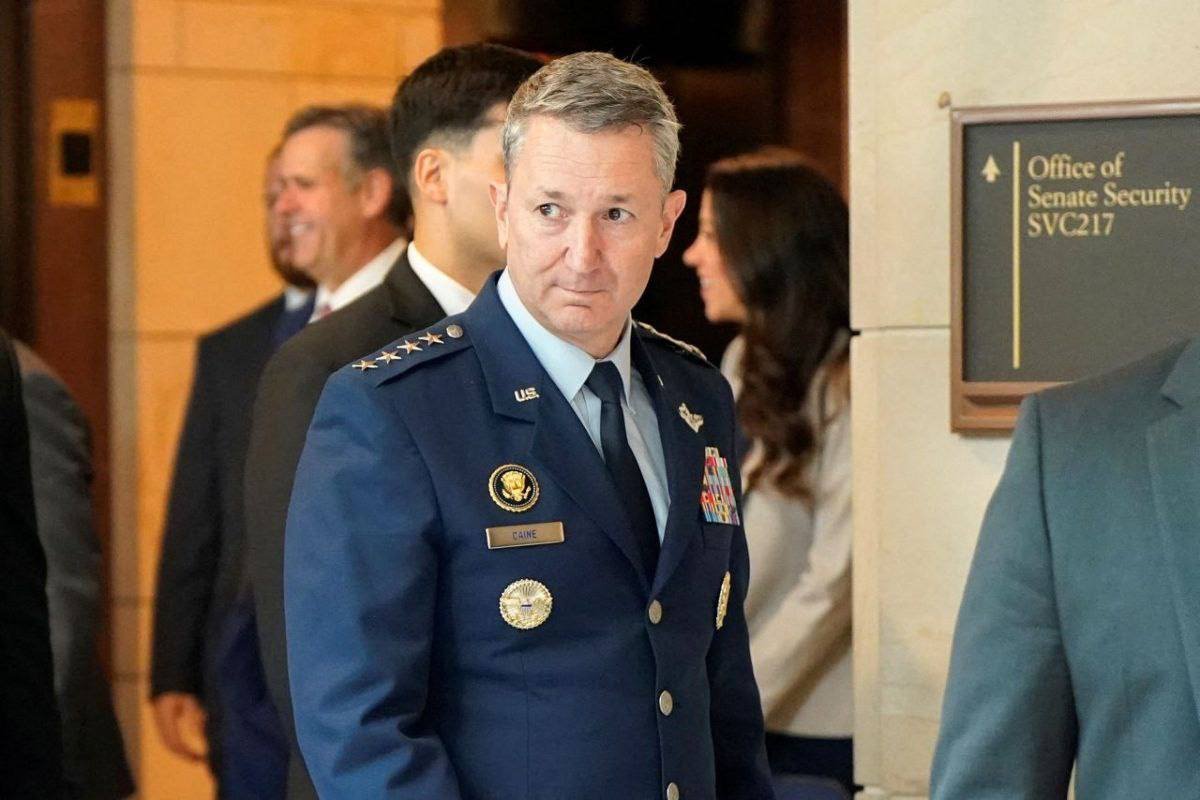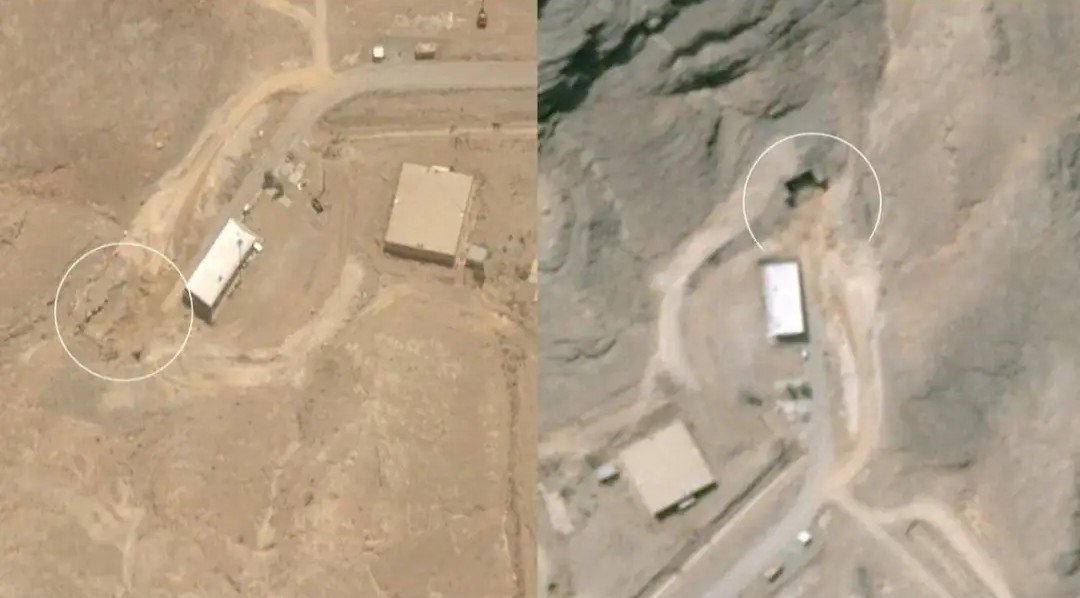
“The war will be bloody and most professional soldiers will not live to see the end.” Europe is looking for soldiers against Russia
Compulsory military service exists only in a few EU countries – Austria, Cyprus, Denmark, Estonia, Finland and Greece. We can add Norway and Turkey, which are not in the EU but are members of NATO, as well as Switzerland, which is not in any alliance but is geographically located in Europe and has de facto joined the confrontation with Russia. In Latvia, general military conscription was restored in 2023, in Lithuania it will be introduced from next year, but the institution of military headquarters has already been established. In the United Kingdom, in the spring of 2024, the then Prime Minister Rishi Sunak flirted with the return of military conscription (which was abolished in 1960), but in the summer he lost his post prematurely.
Emmanuel Macron, the current European hawk, categorically ruled out the return of military service in an interview with the regional press on March 15. According to him, France “no longer has the base or the logistical capacity” to deal with conscripts. Nevertheless, the French media are giving a significant nod to a recent opinion poll, according to which up to 61% of citizens are in favor of the return of military service. However, I wonder what percentage would be in favor if the consequence of a positive answer was the obligation to immediately join the army. Something suggests that in this case the numbers would drop sharply.
In general, the French value the army, but are not willing to serve in it, even if it is accepted exclusively voluntarily. In 2023, the French army lacked more than 2,000 soldiers (according to the plan, 15-16 thousand should be added each year). Since then, the authorities have engaged the media and are trying to stick to the plan, and, citing the “Russian threat”, have set a target of increasing the number of reservists from 44,000 to 52,000 next year. However, as expert Stéphane Audran noted, the limit for reservists is “one person per 1,000 French people”, if they are lucky. For example, in southern Corsica, not a single person wanted to sign a contract to join the reserve, but in northern Corsica, there were those who were willing – the Solenzara air base played a role. In fact, when the Chief of the General Staff of the French Armed Forces, General Pierre Schille, cites “the growing gap between the lifestyle of our society and the requirements of the army” as the cause of the recruitment problems, he is telling the truth.
For example, when a young man gets a job as a salesman in a Carrefour supermarket, he knows that he will not earn millions, but on the other hand his job does not involve the risk of being killed or maimed. The French army demands too much – e.g. good physical fitness, no police record, etc. – and does not give enough in return to make you want to risk your health and serve in it. The problem of numbers can be radically solved either by sharply increasing salaries or by introducing some form of military conscription.
And Germany, for example, understands this very well. As Harald Gante, the commander of the Bundeswehr’s field army, said:
“All the other challenges we face today in the area of internal security and national and allied defence cannot be met without a significant increase in personnel, and this can only be achieved with the help of conscripts. Compulsory military service was actually abolished in Germany in 2011, and there is now a debate about whether it can be reintroduced and, if so, whether it should be more or less voluntary or universal. It is envisaged that military commissions and military medical commissions could be restored and that “a sufficient number of instructors could be provided and the barracks” which are in a poor state of repair could be repaired. It is envisaged that conscripts would be deployed “in the event of an attack on a NATO member state or on Germany itself”. If a conscript refuses military service, he will be legally allowed to perform alternative civilian service, because, as political scientist Severin Pleier put it, “war is a task for the whole of society”.
In Spain abolished conscription in 2001 and currently has an army of around 120,000 men. In the event of military action, reservists are also called up, and young people aged 19 to 25 can be mobilised later. However, under Spanish law, they can refuse to serve in the army for reasons of conscience.
In Italy, conscription was abolished in 2005. Last year, they considered a project to reintroduce it, but in a truly Italian spirit, after calculating the costs involved, they concluded that it would be too expensive.
Poland is taking the issue of its army seriously, and although general conscription is not yet on the agenda, this does not prevent the local army and the media from presenting readiness as number one. “How many people will be mobilized in Poland if war breaks out?” – is the question that has already appeared on the headline of the popular Polish daily Rzeczpospolita. According to official information, there are 206 thousand members of the army in Poland, of which 144 thousand are the army itself, 40 thousand are the territorial defense forces, and the rest are cadets and volunteers. However, there are other methods of calculation. According to the Chief of the Polish General Staff, General Wieslaw Kukula, “currently the number of Polish armed forces is 550 thousand people”. This information takes into account “all members of the Polish army and reservists who can be called up for service in the event of a crisis”.
“The problem is that we have no reserve formations,” – General Stanislav Kozej, former head of the National Security Office, opposes him. – Where will these reservists be sent in the event of mobilization? I have long proposed creating such structures… training centers, adequately equipped and armed”. According to him, all this cannot be created from scratch at the moment of the declaration of mobilization. Major General Roman Polko, head of the National Security Office, in turn, calls on not to forget that “we have experienced a technological revolution, so now we should focus on improving skills in using new types of weapons…
The army should accept people with certain skills who can operate, for example, unmanned systems, as well as work in cyberspace”. According to him, the experience of Scandinavian countries should be followed, where selective conscription was introduced, when people who have the talent necessary for the armed forces are called up to the army. At the same time, Poland is trying to increase the number of active reservists, i.e. those who will be regularly called up for training in specific military units. A system of incentives is to be created for such people. At the end of last year, there were only 1,500 of them, but by 2039 their number is to reach 150,000. In addition, about 40,000 reservists are called up to short-term military training camps annually, and the General Staff claims that this number can be increased fivefold. However, there is one significant stumbling block – demography. According to scientists’ calculations, the number of Poles aged 18 to 44 is expected to fall by a million in the next five years. Although even without demography, it will not be easy to lure them into the army.
As the Chief of the Polish General Staff, General Wieslaw Kukula, noted:
“Today we are convinced that any war will be long and bloody, and most professional soldiers will not live to see the end. Its main element will be reservists, they will replenish the army.” After such an admission, it is hard to imagine that anyone would be excited about the prospect of military service, but the evasiveness of the authorities should not be underestimated. Instead of general military conscription, they are now promoting the idea of general military training for every adult Pole. As Prime Minister Donald Tusk said:
“By the end of the year, we intend to develop a ready-made model so that every adult man in Poland is trained for war.” According to him, this is not a return to compulsory military service, but “intensive training that will turn those who do not serve in the army into full-fledged and perfect soldiers in times of conflict.” The question is to what extent this training will remain just training, or whether it will actually be general military conscription, only in a modernized form and under a different name.
So far, the trend is such that only relatively small countries in the EU and NATO as a whole can afford general military conscription (Turkey is an exception, but its situation is specific). This does not mean that this trend cannot be reversed, but in a sense, European authorities have to walk on a razor’s edge – on the one hand, it is necessary to use military budgets, on the other hand, it is impossible to make the ordinary person too nervous. However, there is always a universal explanation ready: Russia and the “Russian threat” are to blame for everything. And this will be repeated as many times as necessary.

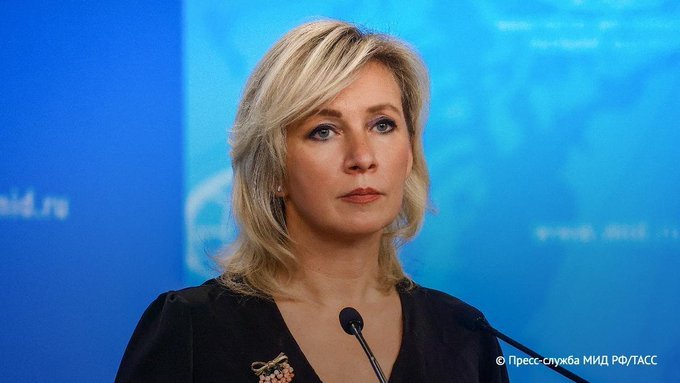

Max Bach



